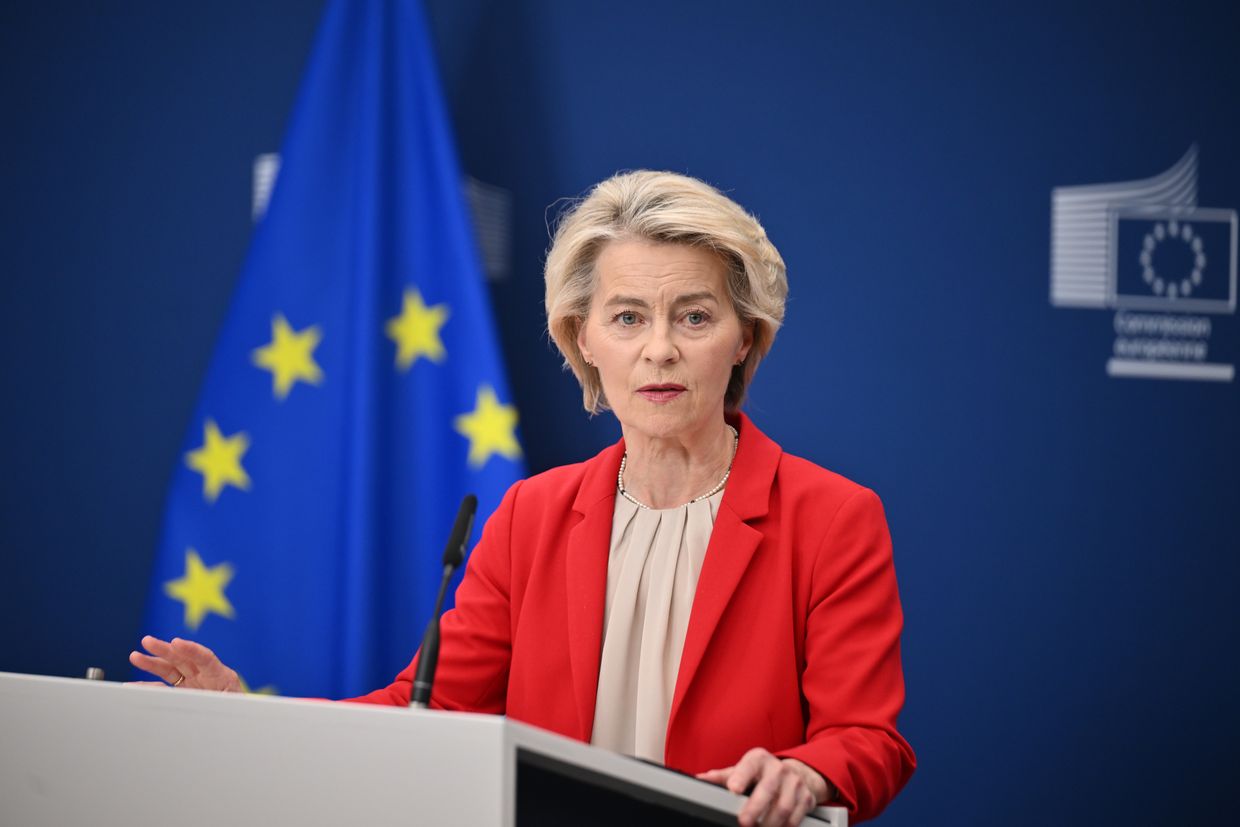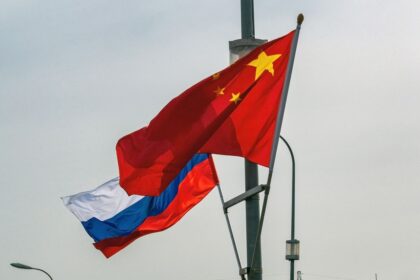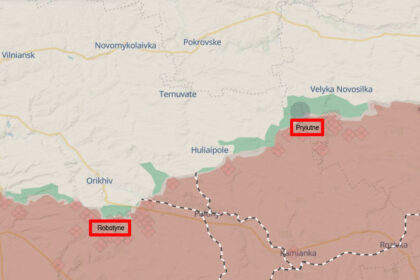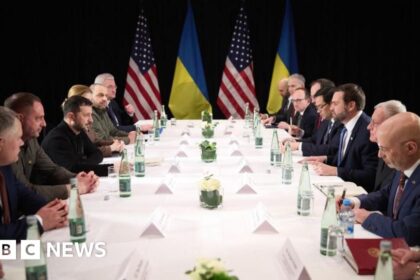**EU Sets Stage to Break Free from Russian Energy Dependence**
After years of struggle, the European Union has finally taken a significant step towards ending its reliance on Russian oil and gas. A new legislative proposal aims to cut off all remaining imports of Russian fossil fuels by the end of 2027.
The plan, announced in Strasbourg on June 17, involves a gradual withdrawal from Kremlin-controlled energy. New contracts for Russian gas will be banned from January 2026, while existing short- and long-term contracts will be phased out over the following two years. Countries that are still dependent on pipeline gas from Russia will have until the end of 2027 to find alternative sources.
“This is a final step in ending the era of Russian fossil fuels in Europe for good,” said European Commission President Ursula von der Leyen. She emphasized that Russia has repeatedly used its energy supplies as leverage, exploiting the EU’s vulnerability and economic risk.
**A History of Dependence**
For years, the EU’s energy dependency on Russia has been a source of concern. Despite a significant drop in imports since the invasion of Ukraine, Russian gas and oil continued to flow into Europe. In 2024 alone, the bloc imported 52 billion cubic meters of Russian gas and 13 million tonnes of crude oil.
The new rules aim to change this dynamic. Liquified natural gas (LNG) terminal services for Russian companies will be banned from January 2026, and any long-term terminal agreements signed before June 2025 must end by 2028. Importers will also have to disclose the origins of their gas, making the market more transparent.
**A Clean Break?**
The Commission is confident that the EU can handle the withdrawal without risking an energy crisis. New infrastructure, falling demand, and booming global LNG supply are expected to ensure a smooth transition.
By 2028, global LNG capacity will increase by 200 billion cubic meters – five times the amount still imported from Russia. At the same time, EU demand is expected to shrink significantly as renewables and efficiency targets kick in.
However, not everyone agrees with this decision. Hungary and Slovakia have criticized the proposal, warning of domestic economic fallout. But under EU voting rules, they cannot block the legislation alone.
**A New Era for Europe?**
The move marks a significant shift towards cleaner energy sources and greater independence from Russian influence. It is part of a broader push to clean up Europe’s energy habits, with the regulation closely tied to the EU’s clean transition strategy and industrial competitiveness plans.
For a continent long caught in a toxic cycle of cheap gas and geopolitical risk, this may be the moment Europe finally gets clean. As EU Energy Commissioner Dan Jorgensen said, “If there is peace… we will not start importing Russian gas again – that would be refilling Putin’s war chest with money.”
**What’s Next?**
Each EU Member State will have to submit a “diversification plan” by March 2026, outlining how they’ll end their reliance on Russian energy and find alternative sources. The Commission and the EU energy regulator ACER will monitor progress closely and can intervene if national plans fall short or market risks emerge.
The proposal includes safeguards in case of severe supply disruptions, allowing temporary exemptions – a safety net, not a relapse clause. But Brussels is clear: the goal is full recovery.
As Alex Cadier, a Brussels-based correspondent and reporter, notes, “For a continent long caught in a toxic cycle of cheap gas and geopolitical risk, this may be the moment Europe finally gets clean.”












